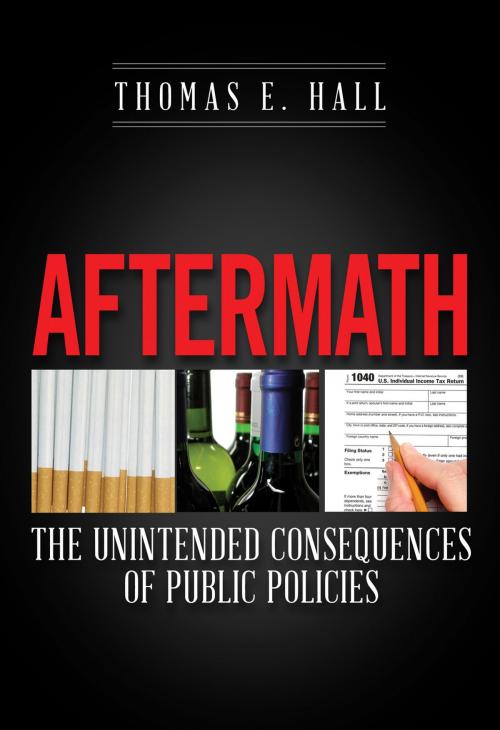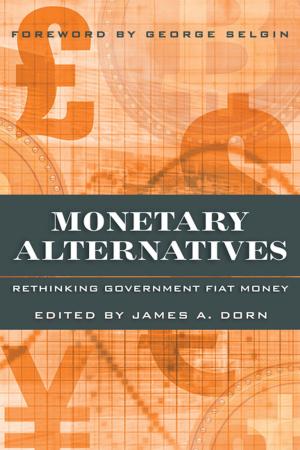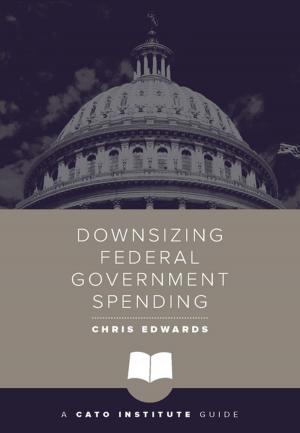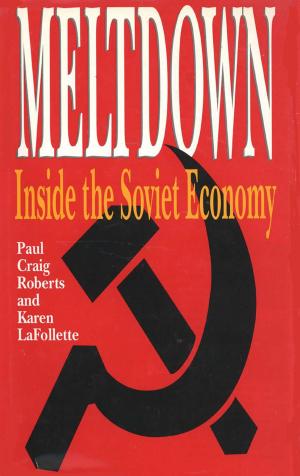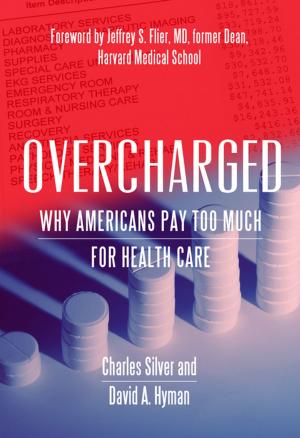Aftermath
The Unintended Consequences of Public Policies
Nonfiction, Social & Cultural Studies, Political Science, Politics, Economic Policy, Government, Public Policy| Author: | Thomas E. Hall | ISBN: | 9781939709394 |
| Publisher: | Cato Institute | Publication: | August 11, 2014 |
| Imprint: | Cato Institute | Language: | English |
| Author: | Thomas E. Hall |
| ISBN: | 9781939709394 |
| Publisher: | Cato Institute |
| Publication: | August 11, 2014 |
| Imprint: | Cato Institute |
| Language: | English |
Government policies created for one set of purposes almost always generate additional results that were not part of the original plan. Very often these unintended consequences are seriously adverse, and in some cases are so severe as to render the policy a failure.
In Aftermath, noted economist Thomas Hall examines four major instances of significant unintended consequences, all of them negative, resulting from major public policies: the federal income tax, cigarette taxes, minimum wage laws, and alcohol prohibition. Each widespread, well known policy was instituted as a positive measure, but almost immediately gave rise to enormously damaging consequences and harmful side effects. What were these terrible consequences? Hall demonstrates how these policies played a significant role in creating America’s vast welfare state, criminal activities, a bloated government hungry for more revenue, smuggling, a scarcity of jobs for teenagers and the working poor, corrupt public officials, overcrowded prisons, and much more. Not exactly what the originators had foreseen. Hall’s exploration of these four iconic policies offers powerful optics for examining current and proposed policies, and he provides an overview of the new and emerging consequences of the Affordable Care Act, the Dodd-Frank Act, and the war on drugs.
With the pace of government policymaking continuing unabated, Hall’s insights on how to examine and minimize the potential outcomes of bureaucratic activity before they can potentially harm the pubic—in ways not intended or anticipated—are more necessary and vital than ever before.
Government policies created for one set of purposes almost always generate additional results that were not part of the original plan. Very often these unintended consequences are seriously adverse, and in some cases are so severe as to render the policy a failure.
In Aftermath, noted economist Thomas Hall examines four major instances of significant unintended consequences, all of them negative, resulting from major public policies: the federal income tax, cigarette taxes, minimum wage laws, and alcohol prohibition. Each widespread, well known policy was instituted as a positive measure, but almost immediately gave rise to enormously damaging consequences and harmful side effects. What were these terrible consequences? Hall demonstrates how these policies played a significant role in creating America’s vast welfare state, criminal activities, a bloated government hungry for more revenue, smuggling, a scarcity of jobs for teenagers and the working poor, corrupt public officials, overcrowded prisons, and much more. Not exactly what the originators had foreseen. Hall’s exploration of these four iconic policies offers powerful optics for examining current and proposed policies, and he provides an overview of the new and emerging consequences of the Affordable Care Act, the Dodd-Frank Act, and the war on drugs.
With the pace of government policymaking continuing unabated, Hall’s insights on how to examine and minimize the potential outcomes of bureaucratic activity before they can potentially harm the pubic—in ways not intended or anticipated—are more necessary and vital than ever before.
